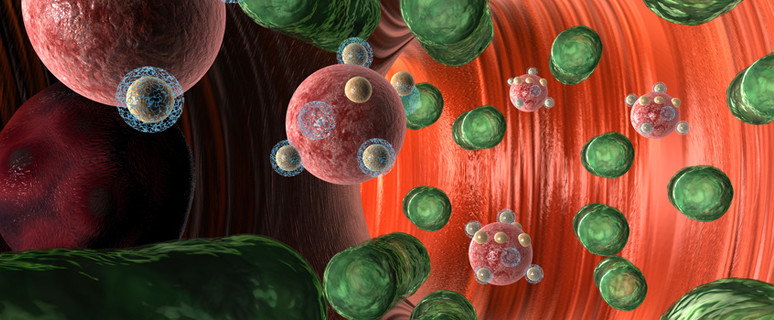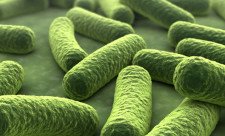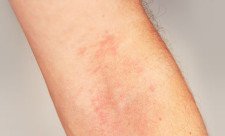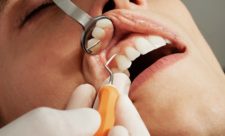
Is it possible that bacteria in the gut flora influence our eating patterns? To put it differently: Could eating disorders such as bulimia or anorexia be possibly caused by specific gut bacteria? French scientists have looked into this question. According to a report published in Wissenschaft aktuell they were able to demonstrate that “E. coli and other bacteria produce a protein which stimulates the immune system to release specific antibodies”. Since these antibodies in turn reacted with a hormone which signals appetite and fullness, the chemical similarity between bacterial protein and the body’s own hormones resulted “in the formation of so-called auto-antibodies which interfere with the regulation of ingestion”.
The researchers at the University of Rouen have so far only examined mice, but – quoting a report published by the scientists in the journal “Translational Psychiatry” – Wissenschaft aktuell states that the results “can very likely be transferred to humans”.
This is a complex issue, as not only gut flora and eating patterns play a role in eating disorders, but also body awareness. However, this presents an opportunity to support state-of-art psychotherapy with a systematic tweaking of the bacterial mix in the gut. Some five percent of all women and two percent of men suffer from some form of disturbed eating patterns, the scientists say.
See more at: https://www.gesunde-bakterien.de/die-wirkung-von-bakterien-auf-unser-essverhalten/#sthash.Lrz9xL2Z.dpuf
Dieser Post ist auch verfügbar auf: German

 15. Dec 2014
15. Dec 2014 Popular
Popular Recent
Recent Comments
Comments












